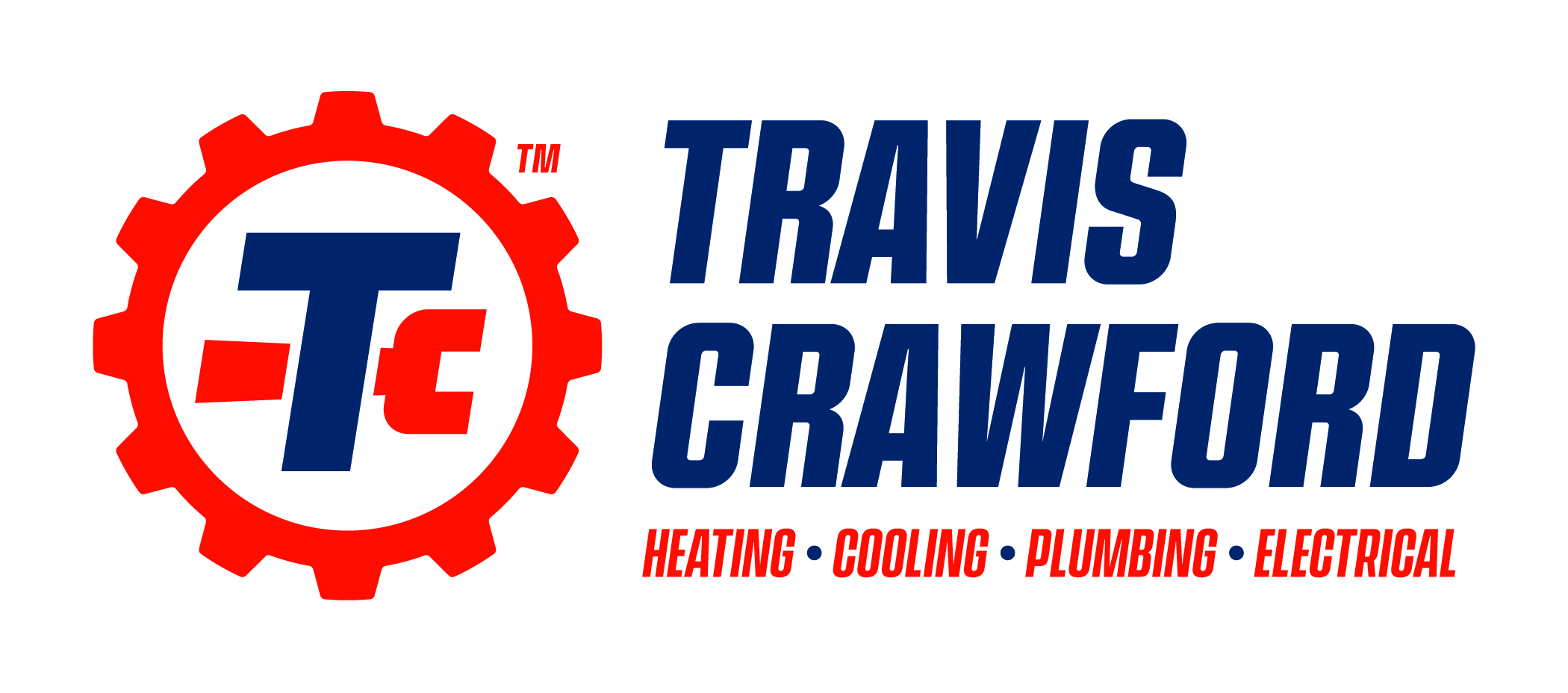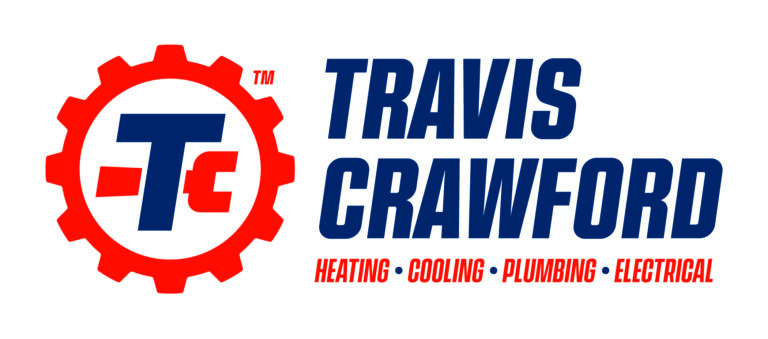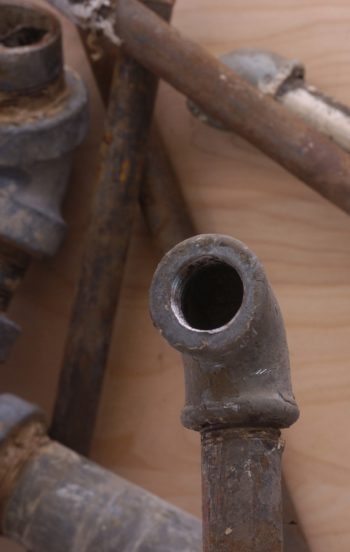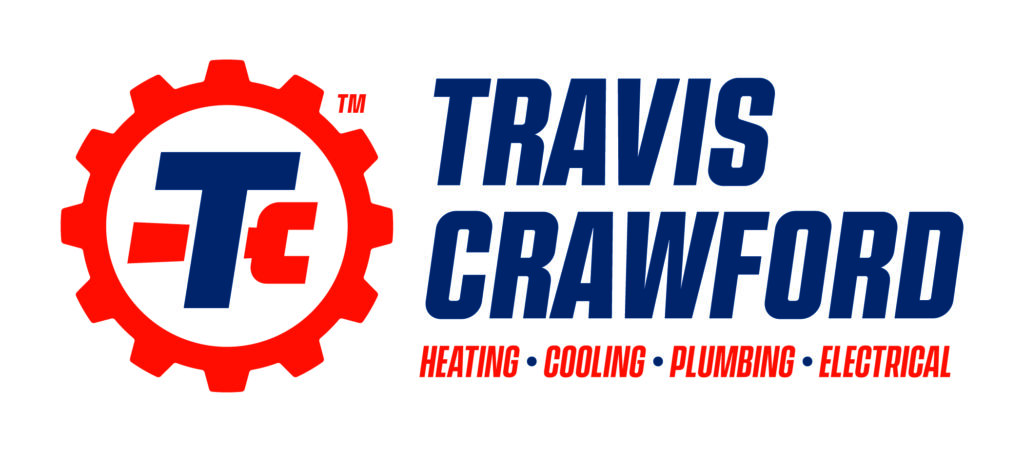A furnace is vital in any household since it helps maintain comfortable indoor temperatures in the cold months. Though, it requires regular maintenance to work optimally. When neglected, your furnace begins to rust, which leads to inefficient performance and hastens degradation. It will break down sooner than expected. People expect that only those equipment that produces or uses water rust. A furnace doesn’t use water to produce heat, so you might not expect it to rust. However, corrosion can happen, and to answer your question, here are some common causes of rust on your furnace.
1. Water Leaks
Moisture exposure from the outside, for instance, if you have leaky pipes or a damaged roof that allows rainwater to pool around, can cause your furnace to rust. Once the water gets into contact with a metal part in the presence of oxygen, it leads to corrosion. This severely weakens the metal, and it may start to flake. The best solution for this issue is investing in waterproofing measures like getting better drains, caulking, weather stripping gaps, and installing downspouts. Also, contact a professional plumber to fix any plumbing issues.
2. High Humidity
Your furnace will corrode very fast when stored in a high humidity area. The longer you expose the heating system to high humidity, the faster it rusts. Damaged ductwork is one leading cause of humidity increase in the ventilation system. Have this fixed by a professional. If you live in a high humidity region, consider adding a whole-house dehumidifier.
3. Exhaust Problems
The furnace heat generation process can also lead to rust. If you have a gas furnace, the combustion gas turns into liquid as it cools down. Once this vapor gets into contact with the metal on your furnace, it can form rust. This is even worse if the furnace has poor ventilation. Contact an HVAC technician to improve the ventilation of your heating system and make the necessary repairs or replacements. Note that rust on the heat exchanger often goes unseen. So, it’s vital to schedule annual preventive furnace maintenance. A professional can spot rust signs early enough to reduce the risk of heat exchanger cracking. Keep in mind that a cracked heat exchanger can leak potentially toxic carbon monoxide into your house.
4. You Have Your AC Installed Over the Furnace
In some HVAC systems, the air conditioning unit is usually directly over the furnace so the two can share a blower motor. Note that the AC naturally produces water during the cooling process that flows into the drain pan. If the condensate line clogs, or the drain pan cracks, it could lead to leaks. The water will trickle down to the furnace, and the moisture exposure kicks on the corrosion process. In such a case, you will need to repair both the heating and cooling systems. Have a professional check the drain pan for damage, replace it and unblock the condensate lines. The technician will also fix or replace flaked furnace parts.
5. Old Age
Years of exposure to the combustion gas, water vapor, and consistent use cause irreversible damage to the system. Once your furnace reaches 15 years and above, it becomes more prone to rust. The most affected part is usually a heat exchanger, and for an old furnace, a replacement is a wiser investment than repair. When you consult a professional, they will help you pick a more energy-efficient model made from durable materials that will serve you for years to come.
Don’t Let Rust Ruin Your Furnace
The furnace contains a metallic surface, which means that it will rust at one point in life when exposed to water and oxygen. The only thing homeowners can do is maintain the unit appropriately and take preventive measures to delay damage. Thoroughly inspect your furnace from time to time and check its bottom for corrosion signs. Furnace rust could indicate a more significant underlying problem that could lead to inefficiency and expensive repairs. The longer you keep the issue going on, the worse the rust becomes. You will eventually have to replace the entire unit. Have an experienced technician inspect your system regularly since they have the right tools and knowledge to spot invisible rust signs.
Whether you need to fix the ventilation or replace the heat exchanger, seek professional assistance from Travis Crawford Heating & Cooling. We provide indoor air quality, plumbing, ductless mini-splits, AC and heating system services in Charlotte, NC, and the surrounding areas. Get in touch with us now to schedule an appointment.




